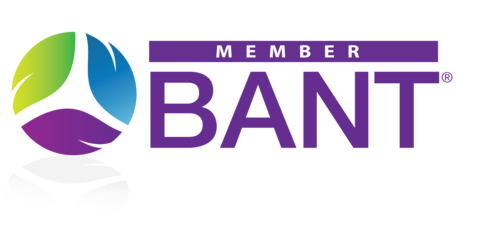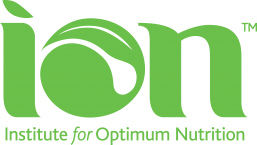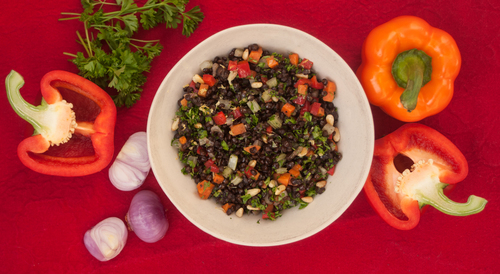Ingredients (serves 2)
100g quinoa, rinsed under running water
1 raw beetroot, peeled and diced
1 tub of marinated artichoke hearts (find in the deli section at the supermarket, usually near the olives and houmous)
2 handfuls of Edamame beans or peas, easiest to use frozen
1 handful each of pumpkin & sunflower seeds
80 – 100g rocket, washed
1 mild red chilli, deseeded and finely chopped (optional)
For the dressing
4 tbsp olive oil
1 tbsp apple cider vinegar or lemon juice
1 tsp honey
1 tsp Dijon mustard
salt & pepper
Method
Cook the quinoa in a saucepan of boiling water for 15 minutes (see cooking instructions on packet) until tender. Rinse, drain well and allow to cool. Alternatively you can buy ready cooked quinoa.
Place the Edamame beans (or peas) in a saucepan, pour boiling water over them and simmer for 2 minutes, drain and allow to cool. If you buy the Edamame beans in the pod then remove the beans from the pod once cool enough to handle.
Mix together the quinoa, diced beetroot, Edamame beans/peas, and artichokes.
Serve on a bed of rocket leaves
To make the dressing mix together the oil, vinegar/lemon juice, honey & mustard in a clean jam jar, and with the lid firmly screwed on shake up, then pour the dressing over the salad. Any leftover dressing can be stored in the jam jar in the fridge.
This also works well with brown rice or puy lentils instead of quinoa or carrot instead of beetroot. You can also add other salad you like for example halved cherry tomatoes or diced pepper is nice. You can also keep any leftovers in the fridge and take to work the next day.
Benefits of Artichokes
Artichokes are rich in vitamins A, C and folate. They are also a good source of manganese. Artichokes have traditionally been used for indigestion and to support liver function. They help stimulate bile flow (bile is produced by the liver to aid fat digestion and absorption of fat-soluble vitamins, bile also serves as the route of excretion of metabolic bi-products). Research has shown artichoke may help lower cholesterol levels and triglycerides in the blood.
Artichokes are lovely as part of a tapas selection or tossed into salads. They work well with garlicky / chilli dressings.
Did you know an artichoke is a type of thistle? The bit you eat is actually the flower bud before it blooms. Greeks and Romans considered artichokes to be a potent aphrodisiac and women were banned from eating them in many countries right up until the 16th century!
Benefits of Beetroot
Beetroot is a good source of iron, calcium, vitamins A & C and folate as well as packing a punch with its antioxidant power. You can eat the leaves of beetroots too, they are in the same family as chard and spinach. Beetroot is often served cooked or pickled but try it raw, it adds a lovely crunch and has an earthy but sweet flavour. The beetroot has traditionally been used to support liver health. The pigment betacyanin, that gives beetroot its deep purple colour, is thought to have cancer-protective properties. Beetroot is also rich in fibre and has been shown to increase the level of antioxidant enzymes in body, boost immune function and provide an important amino acid called glutamine, which helps keep the lining of the digestive tract healthy. Beetroot has also been shown to have a positive effect on blood pressure.
You can juice beetroot (lovely with apple and celery); grate it; spiralise it and serve as a replacement for noodles; make into soup; or cook it and slice into salads.
NB eating a lot of beetroot can cause beeturia in some people – that is pink urine and / or red or pink faeces. This is due to the excretion of the pigments and is harmless.





